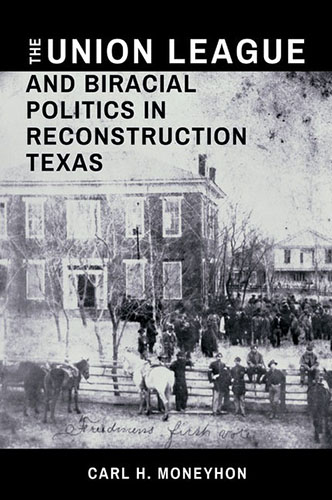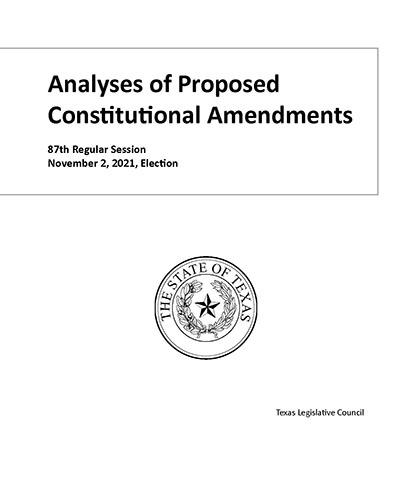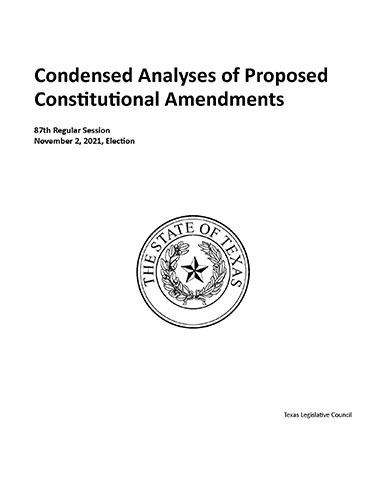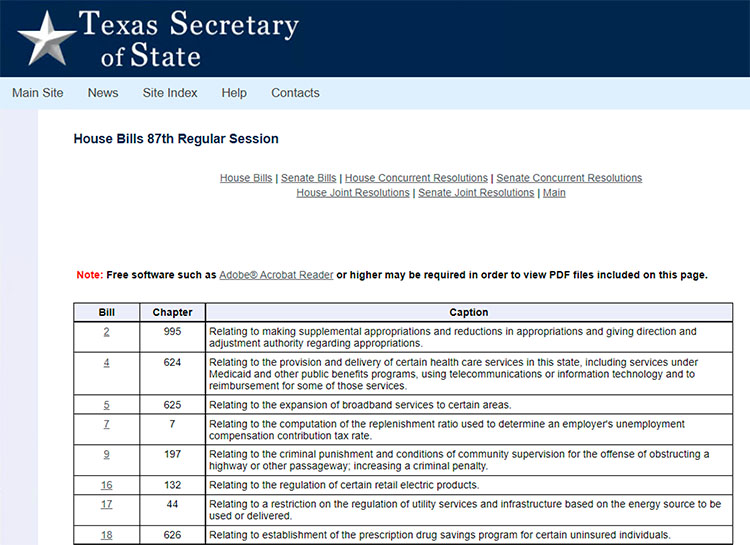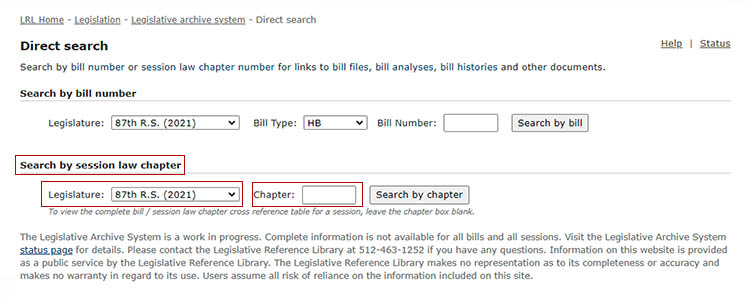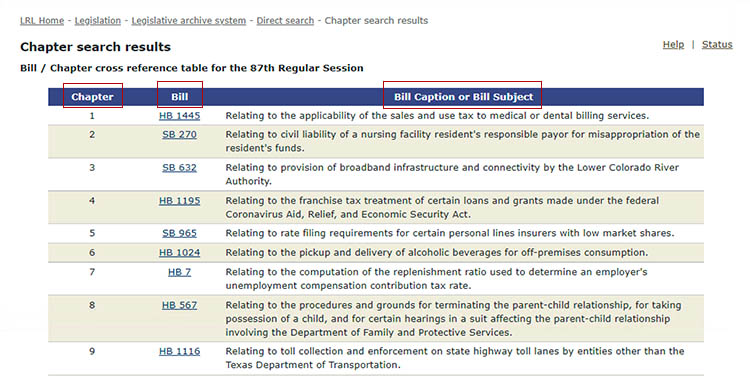The Texas Constitution is changed through amendments, which are proposed by the Texas Legislature and accepted or rejected by the voters. A constitutional amendment is initially considered by the legislature in the form of a joint resolution.
On November 2, 2021, Texas voters will have a chance to consider eight constitutional amendments proposed during the 87th Legislature, Regular Session. This year's proposed amendments cover a wide range of topics, including taxation, candidates for judicial office, and more.
For background and analysis of the proposed amendments that will appear on the election ballot, see the House Research Organization's Constitutional Amendments Proposed for November 2021 Ballot, and the Texas Legislative Council's Analyses of Proposed Constitutional Amendments.
Since the current Texas Constitution was adopted in 1876, voters have approved 507 amendments. For information on how to search for proposed and adopted amendments from other sessions, see our Constitutional Amendments webpage.
Amendments Proposed for the November 2, 2021, ballot by the 87th Legislature
| Joint Resolution |
Proposition Number |
Topic |
| HJR 143 |
1 |
The constitutional amendment authorizing the professional sports team charitable foundations of organizations sanctioned by the Professional Rodeo Cowboys Association or the Women’s Professional Rodeo Association to conduct charitable raffles at rodeo venues. |
| HJR 99 |
2 |
The constitutional amendment authorizing a county to finance the development or redevelopment of transportation or infrastructure in unproductive, underdeveloped, or blighted areas in the county. |
| SJR 27 |
3 |
The constitutional amendment to prohibit this state or a political subdivision of this state from prohibiting or limiting religious services of religious organizations. |
| SJR 47 |
4 |
The constitutional amendment changing the eligibility requirements for a justice of the supreme court, a judge of the court of criminal appeals, a justice of a court of appeals, and a district judge. |
| HJR 165 |
5 |
The constitutional amendment providing additional powers to the State Commission on Judicial Conduct with respect to candidates for judicial office. |
| SJR 19 |
6 |
The constitutional amendment establishing a right for residents of certain facilities to designate an essential care giver for in-person visitation. |
| HJR 125 |
7 |
The constitutional amendment to allow the surviving spouse of a person who is disabled to receive a limitation on the school district ad valorem taxes on the spouse’s residence homestead if the spouse is 55 years of age or older at the time of the person’s death. |
| SJR 35 |
8 |
The constitutional amendment authorizing the legislature to provide for an exemption from ad valorem taxation of all or part of the market value of the residence homestead of the surviving spouse of a member of the armed services of the United States who is killed or fatally injured in the line of duty. |
This entry was posted on October 19, 2021 at 4:55 PM and has received 12837 views.
Print this entry.



